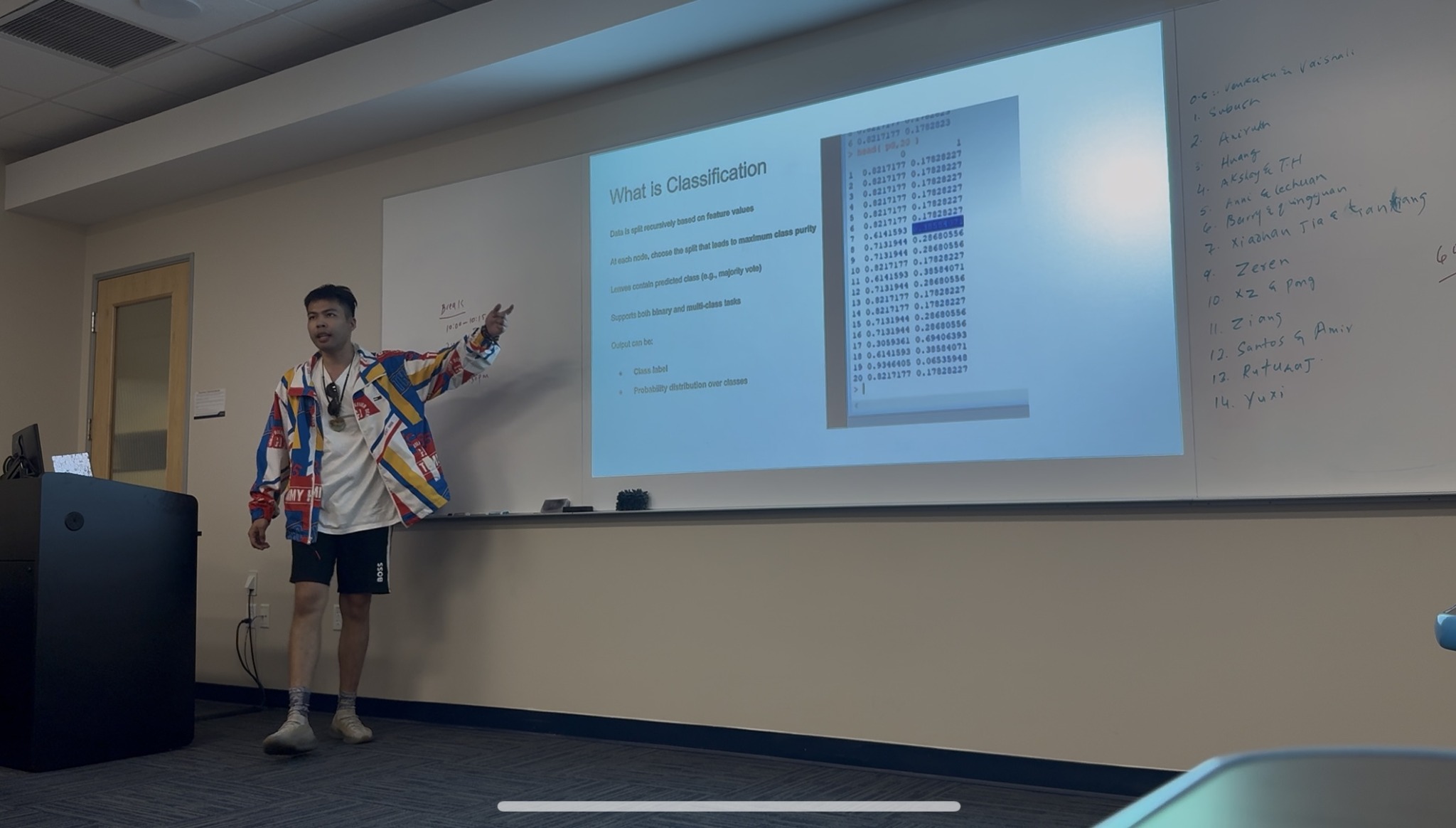We’re excited to introduce you to the always interesting and insightful Zeren Yan. We hope you’ll enjoy our conversation with zeren below.
Hi Zeren, thanks for joining us today. Let’s start with the story of your mission. What should we know?
My story begins at the crossroads of cultures. My parents are from Mainland China; my grandmother spent her early years in the Indonesian-Chinese diaspora before returning to China. From them, I learned to adapt, to listen carefully, and to measure real progress by whether ordinary people’s lives become better. I also share clan roots with Yan Fu—the late-Qing educator who championed enlightenment through translation and open learning. His legacy deeply inspires my belief that knowledge becomes truly meaningful when it is translated into genuine access.
As a child, I was always the one taking things apart and writing little scripts to automate repetitive tasks. My curiosity and love for technology eventually led me across the ocean in 2016, when I chose to study at a business school in the United States. This wasn’t to distance myself from engineering, but rather to better understand how technology truly makes an impact—how solutions scale, how organizations adopt innovations, and how good ideas transform into practical services that improve people’s lives.
Today, my career as a full-time Data Engineer involves building cloud-based data pipelines and systems that protect users and empower smarter, faster decisions. But my passion for technology doesn’t stop there. In my spare time and on weekends, I volunteer with the HCI research community at Virginia Tech, exploring creative ways to bridge emotional distances—crafting lightweight interactions, gentle daily rituals, and thoughtful digital experiences that help people feel closer, even when physically far apart. I openly share many of these projects through GitHub as “yaninsanity,” providing small, practical, and easily runnable tools accompanied by honest reflections on their limitations and lessons learned.
Another deep passion of mine is photography. Behind the camera, I have discovered a profoundly different way of observing, experiencing, and expressing life. Photography is about paying close attention, immersing oneself authentically in the moment, and sharing genuine, human stories. This practice closely aligns with the core values of HCI—both require deeply understanding people, thoughtfully experiencing their contexts, and genuinely reflecting their unique narratives.
Photography not only enriches my HCI research—it also takes me traveling to places I’ve never imagined, allowing me to encounter diverse communities and vibrant cultures. Through the lens, I’ve built a deeper connection with nature, the outdoors, and even a broader sense of the universe. These photographic journeys help me understand the world better, and remind me continually how interconnected we all truly are. Additionally, I often draw creative inspiration from meditation, discovering fresh ideas and clarity from moments of quiet reflection.
Writing code remains a lifelong passion: since childhood, I’ve always carried my laptop—even on vacation—never wanting to lose sight of my mission. Coding, for me, isn’t just a profession; it’s my way of creatively solving real-world problems and building meaningful connections. I also love exploring cafés, engaging with artists, writers, and creatives over a good cup of coffee. These conversations give me invaluable insights into people’s everyday challenges, desires, and dreams, fueling new ideas and directions for my research. Cafés have become a natural workspace for me, places where I sit, reflect, code, and foster genuine connections.
Ultimately, I believe technology and art together hold powerful potential to enhance our daily lives and transform the future. My mission is clear: make creativity accessible to everyone, ensuring that ordinary people can easily embrace their inner artist and innovator.
One line I live by: *Make the impossible possible—by making the possible easier, cheaper, and shared.*
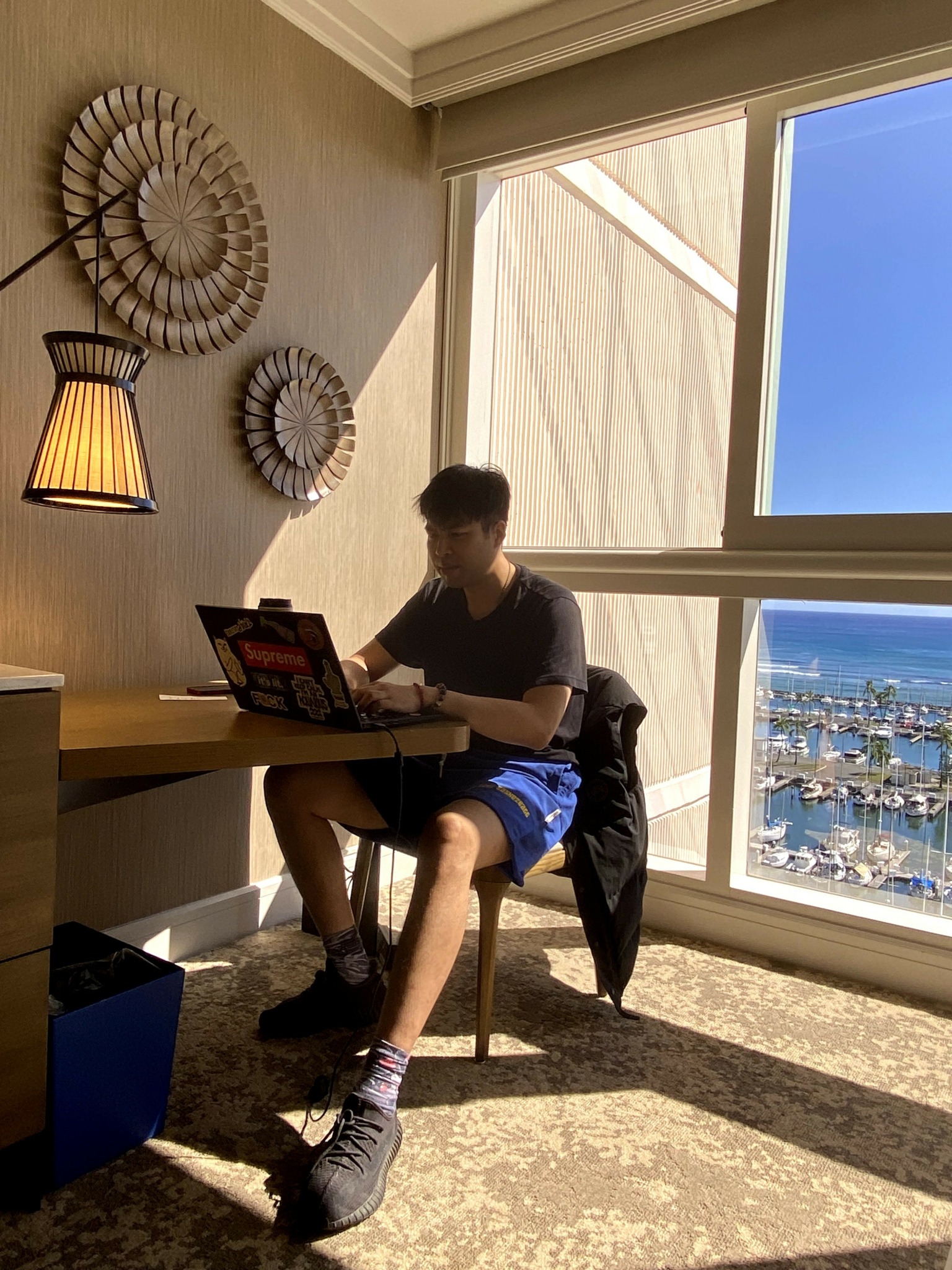
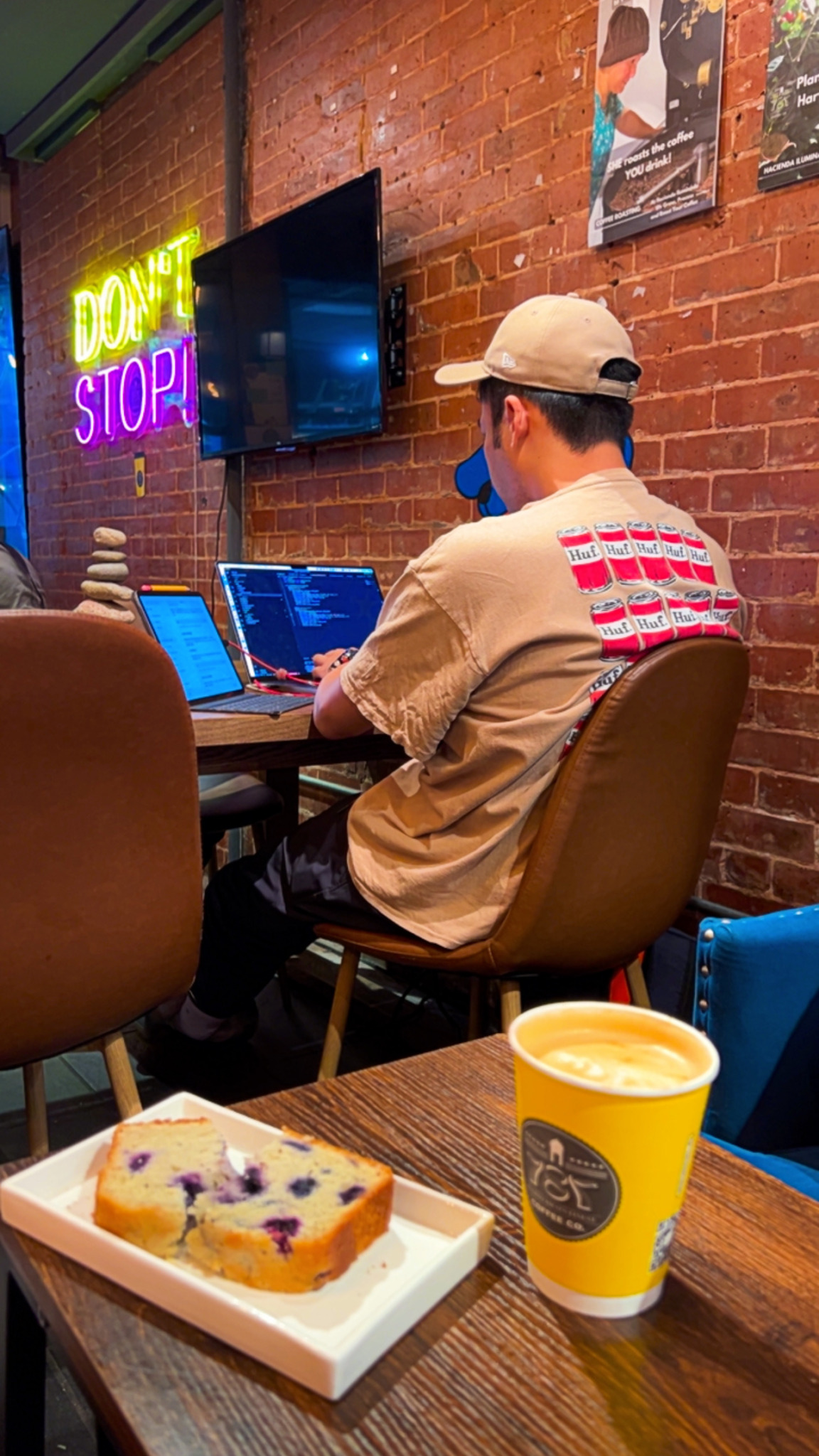
Zeren, love having you share your insights with us. Before we ask you more questions, maybe you can take a moment to introduce yourself to our readers who might have missed our earlier conversations?
Ever since I was young, I’ve been fascinated by games and the internet. I still vividly remember sitting in front of our family’s old computer, listening to the dial-up tone as if it were a portal opening into an endless world of possibilities. Back then, every game felt like an adventure, and every webpage was like discovering a new piece of the puzzle. Perhaps because my family had experienced the challenges of living across continents and cultures, I grew up sensitive to the pain of separation—the subtle yet persistent feeling of missing someone through screens and time zones.
As I grew older, this fascination turned into a passion for engineering. But unlike many of my peers, I intentionally chose to study at W. P. Carey Business School rather than a purely technical institution, because I wanted my skills to translate directly into solutions—solutions that businesses and people could actually use, creating tangible value in the real world. Technology, to me, has always meant something practical: lowering costs, improving efficiency, and most importantly, enriching people’s daily lives.
Today, outside my regular work, I lead a small volunteer research group exploring Human-Computer Interaction (HCI) and AI-agent technologies. We’re deeply interested in solving the very human problem of maintaining closeness and connection across distance. Inspired by my own experience with a geographically dispersed family, I focus my research on applying HCI principles combined with AI and gamification elements to create more enjoyable, meaningful, and sustainable ways of nurturing long-distance relationships.
Gaming remains a big part of who I am, and it directly influences the playful and approachable nature of our designs. Instead of building overly complicated interfaces, we explore lighter, warmer interactions—such as simple daily rituals, casual prompts, or gentle micro-games that families and couples can effortlessly weave into their busy days, keeping their bonds strong even when physically apart.
What I’m most proud of is that over many years, I’ve consistently dedicated my own time and resources to open-source communities and publicly sharing knowledge—what my community likes to affectionately call “powered by passion.” I believe strongly that technology’s true potential is unlocked when we share it openly, generously, and transparently.
If these ideas resonate with you, or if you’re exploring similar paths and want to exchange notes, I warmly welcome you to connect with me. Together, we can make technology kinder, simpler, and closer to the everyday lives it aims to improve.
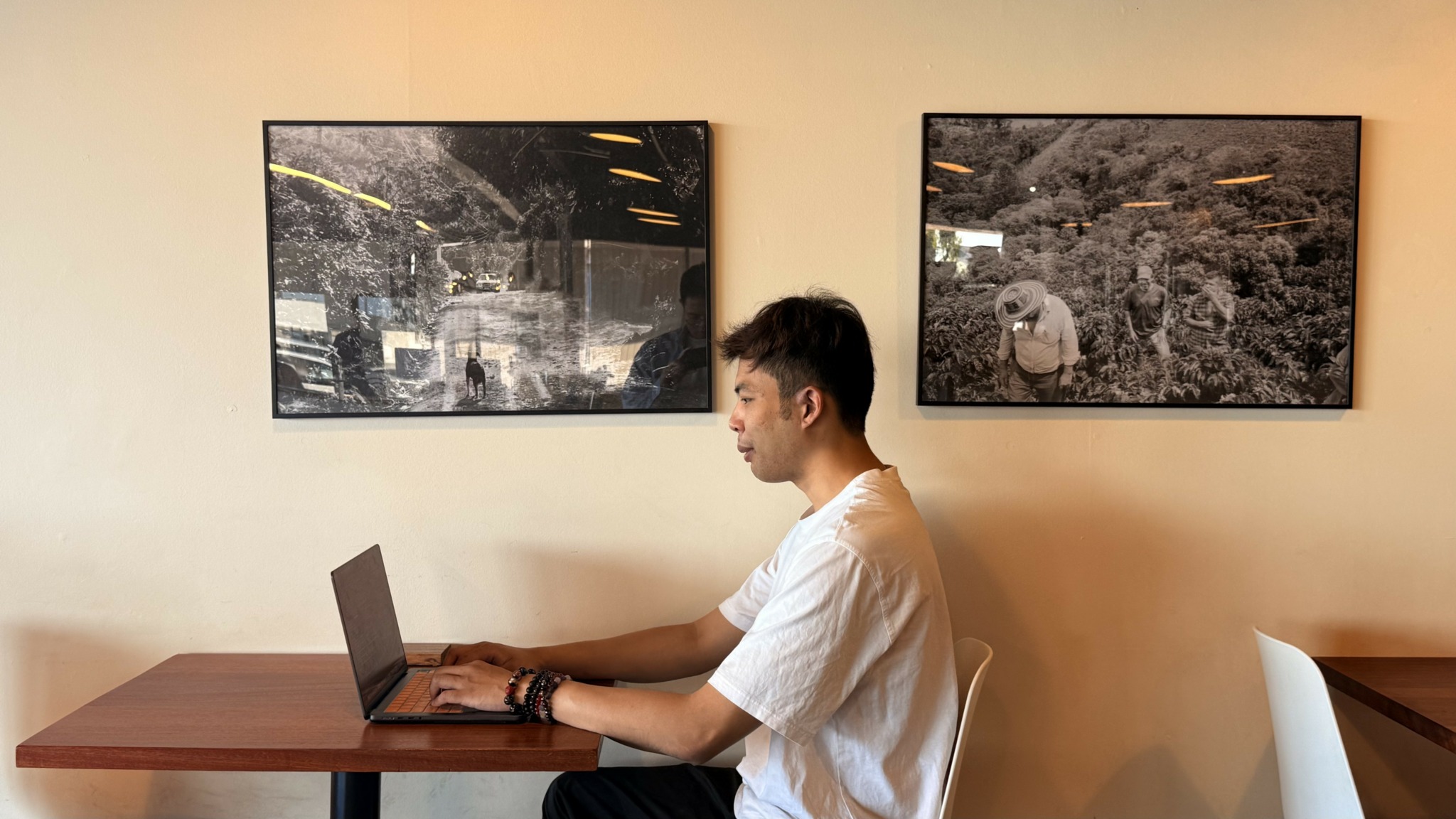
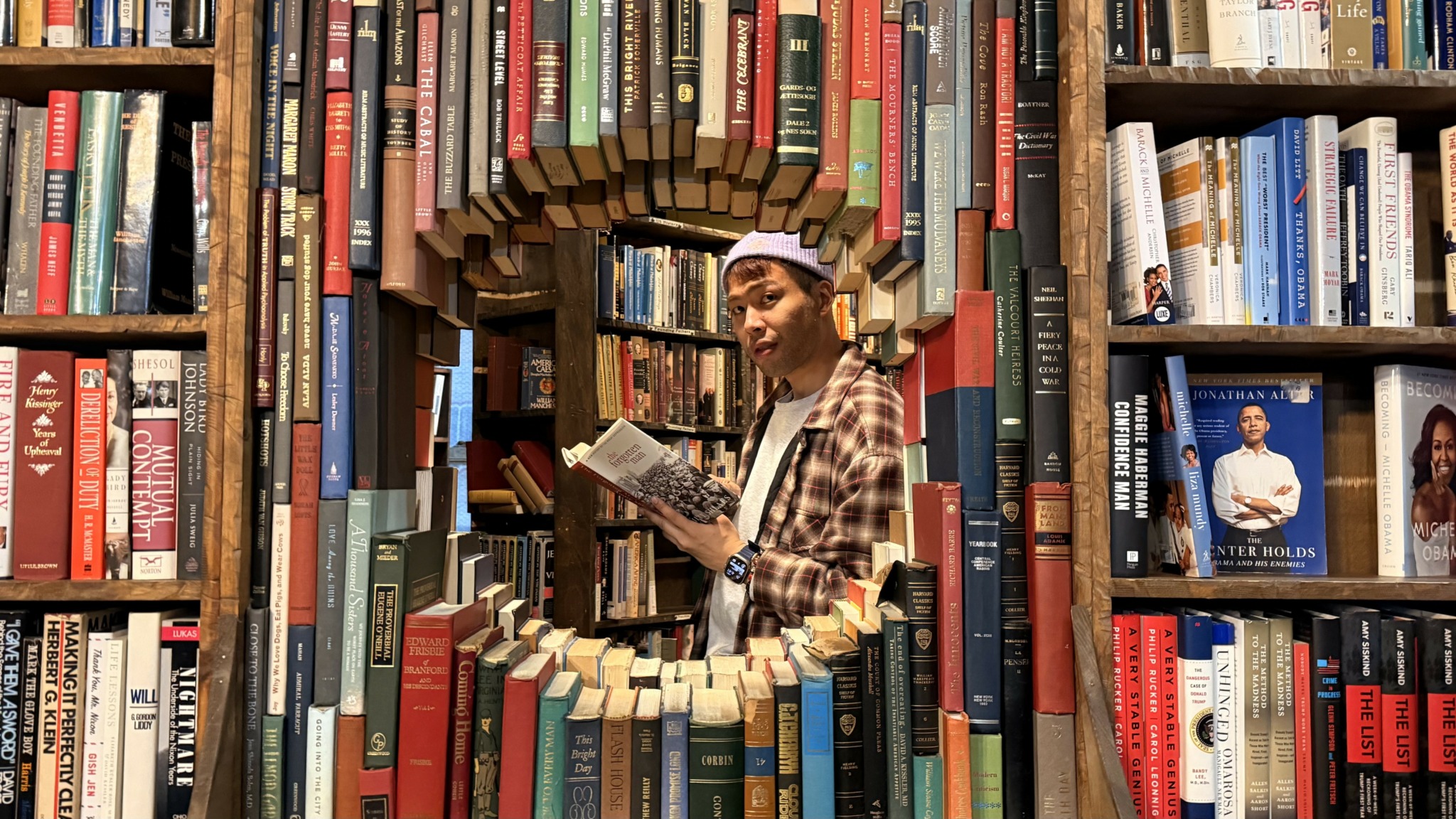
How do you keep your team’s morale high?
One of the most memorable lessons I’ve learned about managing teams and keeping morale high came from my experience leading a volunteer research group. Our team was spread across multiple time zones, making effective communication a real challenge. Instead of simply hoping things would go smoothly, we intentionally designed our workflow around clarity, mutual respect, and frequent check-ins.
To overcome the time-zone barriers, we made sure every decision and every step forward was clearly documented and openly shared. We created dedicated channels where team members could easily catch up, contribute asynchronously, and ask questions whenever they needed clarity or support. Beyond just logistics, we committed to deeply respecting each other’s perspectives—taking the time to fully listen, discuss, and understand the rationale behind every idea and suggestion.
I also made a point to regularly express appreciation and gratitude. Celebrating even small milestones became part of our culture, reminding everyone how much their contributions mattered. As a result, despite being separated by thousands of miles, our team stayed closely connected, highly motivated, and aligned toward our shared goals.
What this experience taught me is simple yet powerful: open, clear, and respectful communication—paired with genuine appreciation—is the foundation of a strong, healthy team. When every voice feels heard and valued, even significant obstacles like geographical distance and different schedules can become opportunities for growth and deeper collaboration.
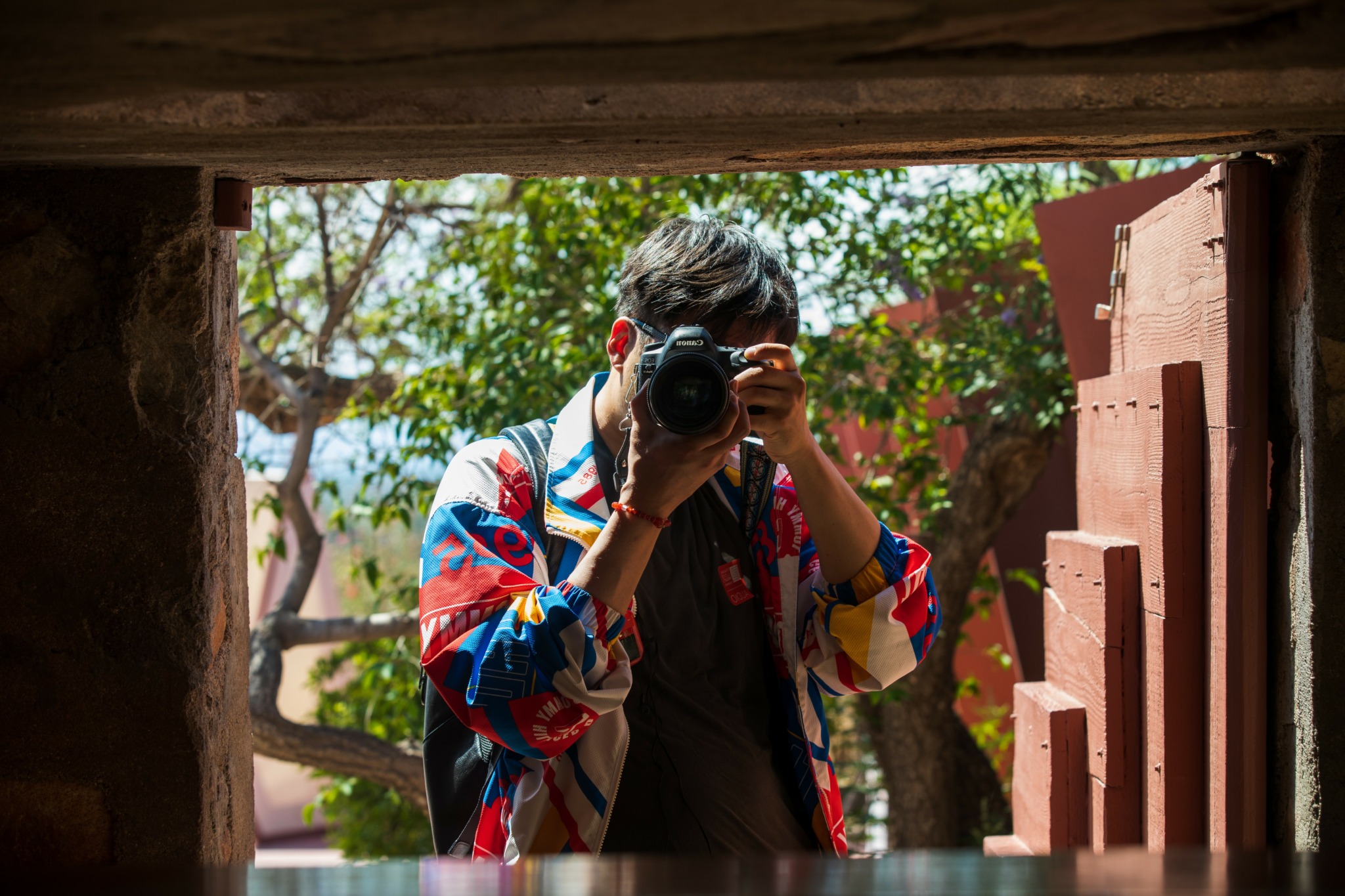
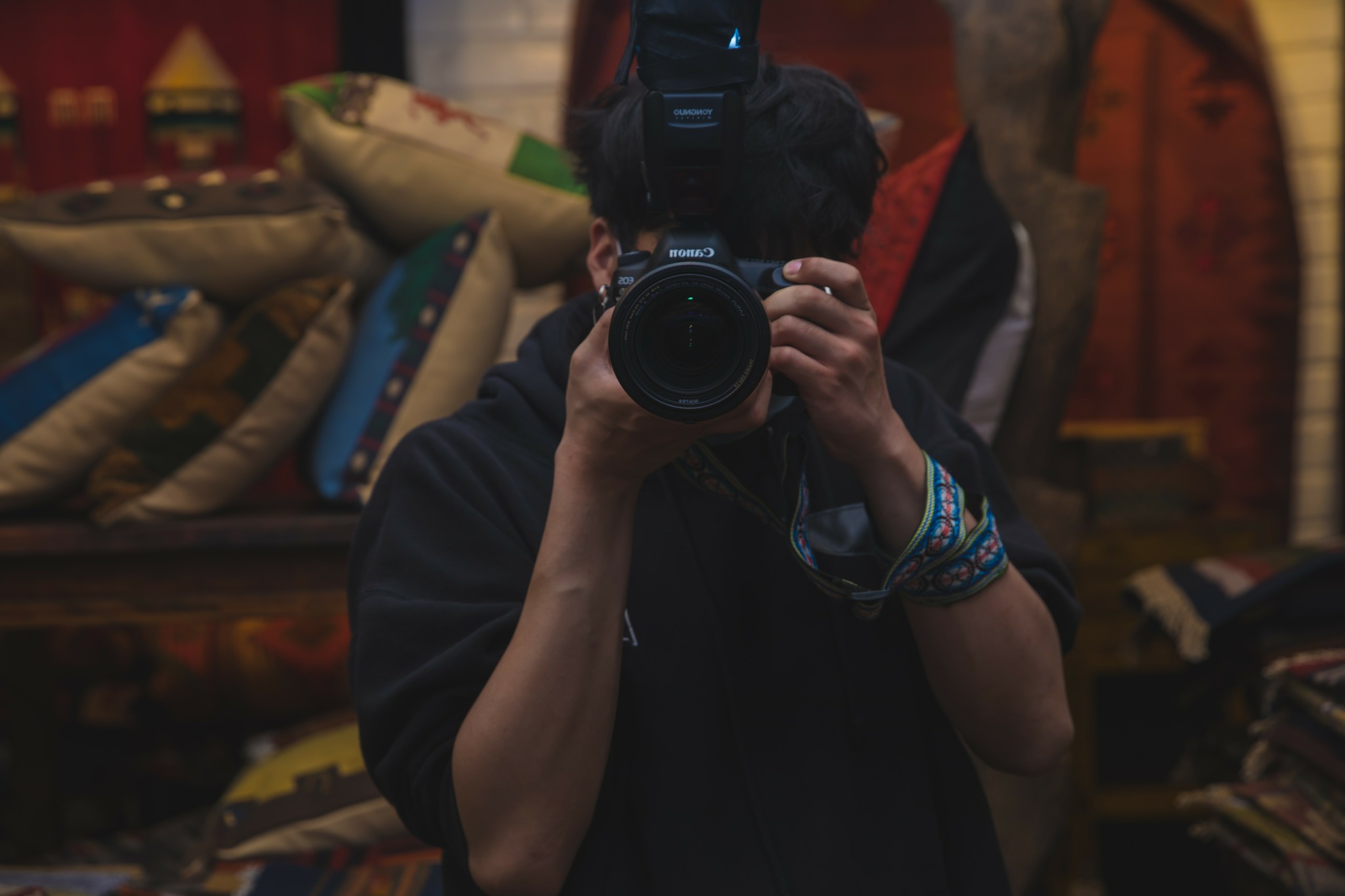
What do you think helped you build your reputation within your market?
I believe what has helped me most in building my reputation is consistently showing up, sharing openly, and genuinely caring about the community I serve. From the very beginning, I chose to openly share my work, ideas, and insights—whether it’s through writing detailed blog posts, creating useful open-source tools, or contributing to community discussions.
Rather than chasing quick recognition, I’ve focused on providing real, practical value: sharing clearly documented projects, being transparent about challenges, and actively engaging with others by answering questions and supporting their own growth. Over time, this approach built trust and credibility.
Above all, I think sincerity matters deeply. People notice when your intention is genuine, when you truly want to contribute rather than simply promoting yourself. By consistently showing respect for others, being grateful for every interaction, and offering thoughtful, accessible solutions, I’ve been fortunate to slowly but steadily earn respect and trust within my community.
Contact Info:
- Website: https://www.jl-blog.com
- Instagram: @yaninsanity
- Linkedin: https://www.linkedin.com/in/zerenyan/
- Twitter: https://x.com/Q8AX7IVVSlQrQQ1
- Other: https://github.com/yaninsanity
